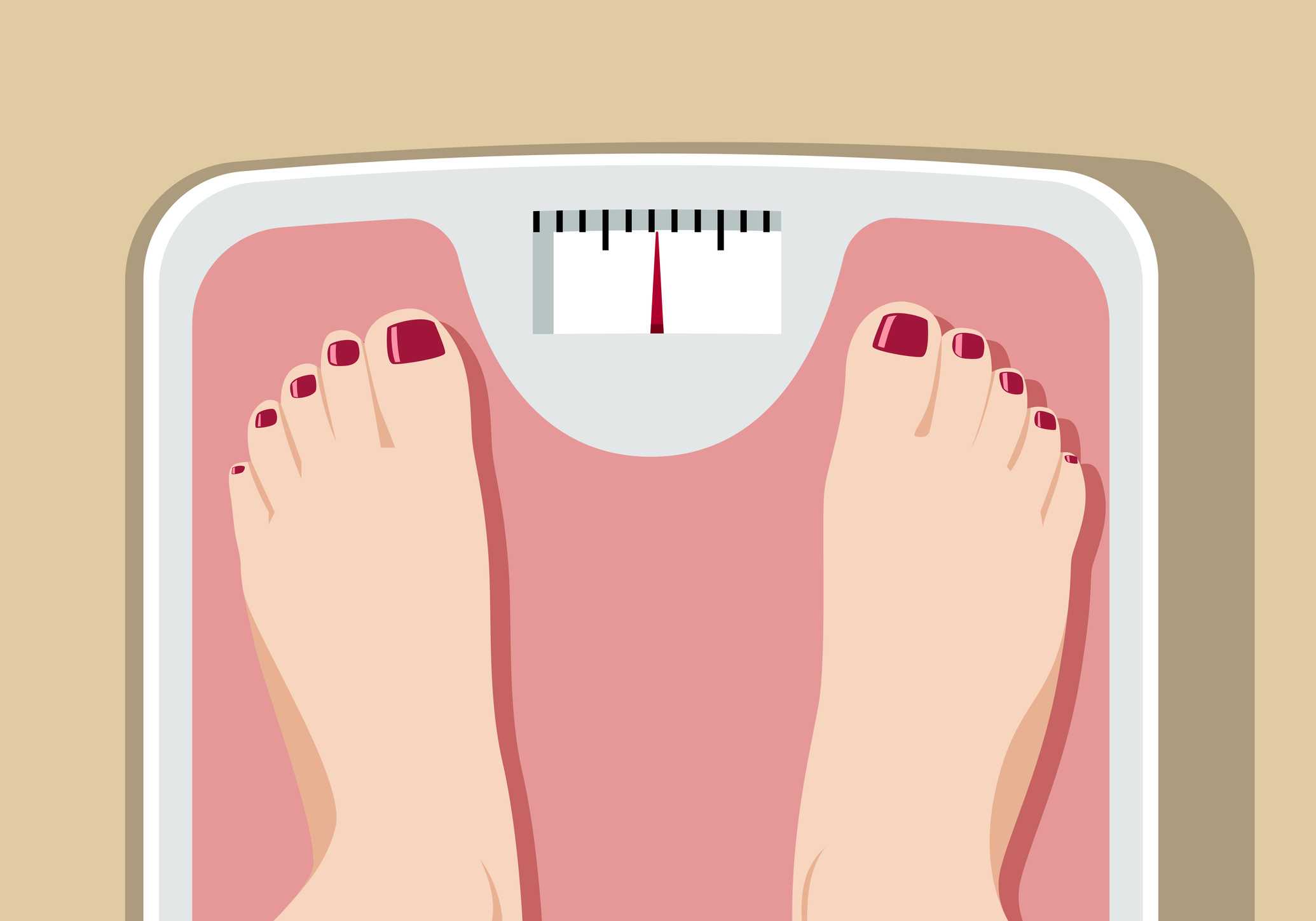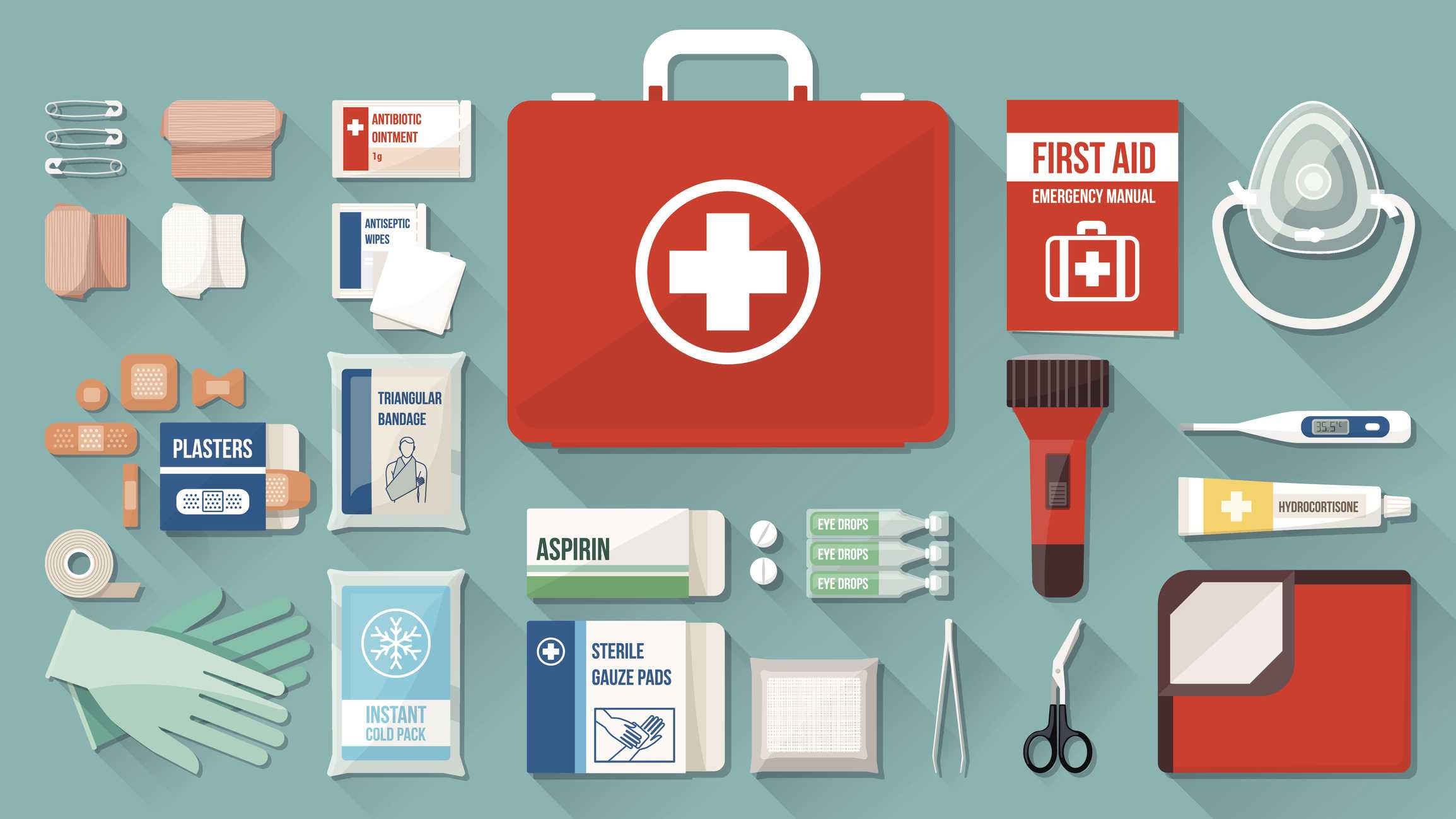Polyphagia is the medical term used to describe excessive hunger or increased appetite and is one of the 3 main signs of diabetes.
An increase in hunger is usually a response to normal things such as intensive exercise or other strenuous activity, but polyphagia can also be the result of more severe issues such as depression or stress.
Also known as hyperphagia , it is one of the three main symptoms of diabetes, along with:
- Polydipsia (increased thirst) and
- Polyuria (frequent, excessive urination)
Causes of polyphagia
Polyphagia can be caused by:
- Diabetes mellitus
- Hypoglycemia (low blood sugar levels)
- Hyperglycemia (high blood sugar levels)
- Anxiety
- Stress
- Depression
- Bulimia
- Binge eating disorder
- Hyperthyroidism (raised level of thyroid hormone)
- Premenstrual syndrome
- Certain prescription drugs such as corticosteroids
- Some psychiatric conditions
- Rare medical conditions such as Kleine-Levin Syndrome and Prader-Willi Syndrome
Hunger and hyperglycemia
In uncontrolled diabetes where blood glucose levels remain abnormally high ( hyperglycemia ), glucose from the blood cannot enter the cells – due to either a lack of insulin or insulin resistance – so the body can’t convert the food you eat into energy.
This lack of energy causes an increase in hunger.
Simply eating will not get rid of the hungry feeling of polyphagia in people with uncontrolled diabetes, as this will just add to the already high blood glucose levels. The best way to lower blood glucose levels is to exercise as this can help to stimulate insulin production and reduce blood sugar levels
However, if the hunger persists, you may need to consult your doctor or diabetes health care team.
Hunger and hypoglycemia
Increased appetite can also be caused by abnormally low blood glucose (hypoglycemia).
If blood glucose readings fall below 4 mmol/l, the body usually responds by releasing stored glucose from the liver to raise glucose levels back to normal.
However, people with diabetes that take medication such as insulin and sulfonylureas are at risk of developing a severe form of hypoglycemia and should therefore treat low blood glucose levels by eating something sweet as soon as hypoglycemia is recognised.
- Read more on treating hypoglycemia
Recognising the symptoms of polyphagia
The main sign of polyphagia is excessive hunger that doesn’t go away by simply eating more food or eating more regularly than normal.
If you are worried by your sudden increase in appetite, you should consult your doctor. They will examine you to check whether your hunger is a symptom of diabetes or another medical condition.
















